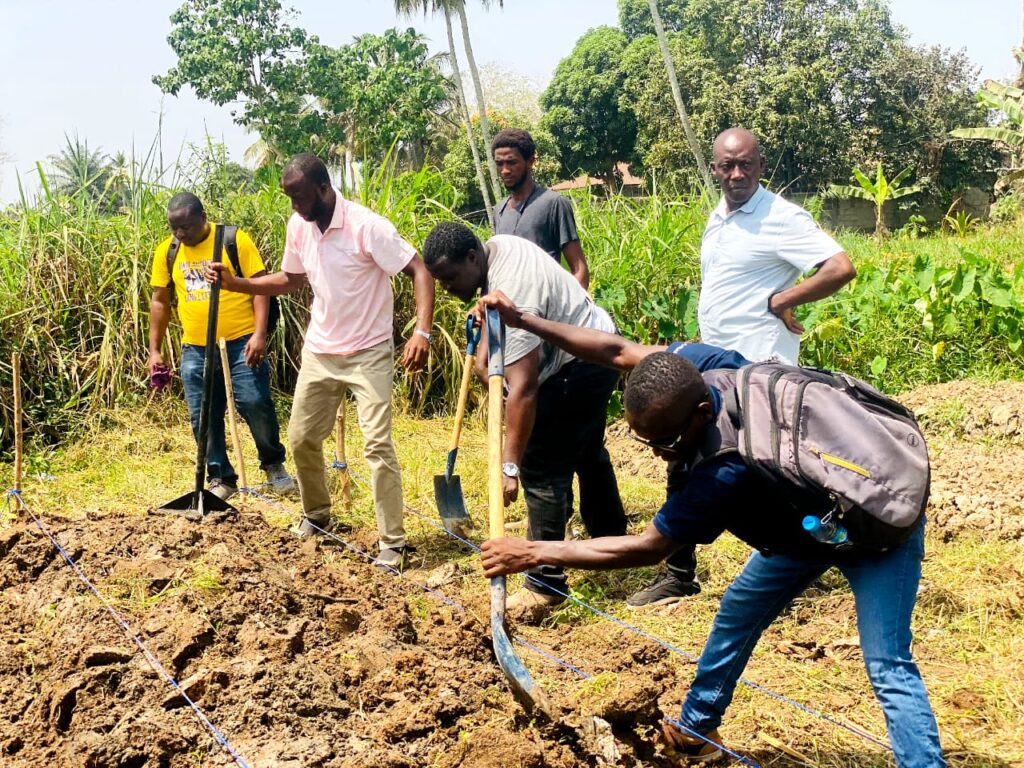The Agriculture Value Chain Development Project (AVDP) has hired 44 irrigation technicians with specialised knowledge to support the development and rehabilitation of inland valley swamps (IVS) throughout Sierra Leone. This represents a significant advancement for the “Feed Salone” programme. This strategic initiative seeks to support farmers growing vegetables, oil palm, and cocoa while also increasing the productivity and output of rice.
Under the direction of Project Manager Monica Kwame-Greene, the recently hired technicians finished an extensive five-day orientation and training programme at the Ministry of Agriculture and Food Security’s regional office in Bo City. These technicians, who are a mix of men and women, have a plethora of experience from their time as volunteers in the ministry’s IVS development and rehabilitation programmes.
In several IVS communities and locations in Sierra Leone’s northeast, east, south, and northwest, these skilled technicians are being stationed. The Manager reminded the technicians of the significance of their work in improving agricultural practices and asked them to work diligently on projects like building bonds and canals, maintaining drains and water management strategies.
Strict competency-based tests and assessments were part of the hiring process for these technicians to make sure they could help regional farmers in clustered communities around the nation increase rice production. The project, which is supported by the Government of Sierra Leone (GoSL) and the International Fund for Agricultural Development (IFAD), is a major force behind the ‘Feed Salone’ agenda, which aims to increase food production self-sufficiency and decrease importation of rice.
Apart from its influence on the agricultural industry, the employment of these 44 people represents a noteworthy advancement in the creation of jobs for the youth population of the nation. The IVS technicians have been hailed as ambassadors of agricultural technology transfer by Ishmiel Tarawallie, Director of the Agricultural Engineering Division at MAFS. He highlighted the technicians’ critical role in revolutionising rice production practices and reducing reliance on imported rice.
The technicians’ training came to an end with the Project Manager’s certification session, which also signified a new era for Sierra Leone’s agriculture. Now that a committed group of irrigation specialists is in place, the AVDP and MAFS are ready to change the nation’s perception of rice production and open the door to both sustainable agricultural growth and economic advancement.
